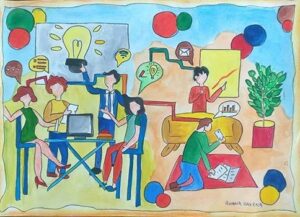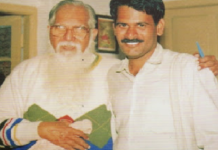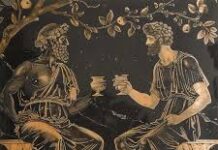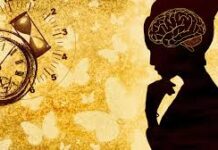
Dear Je,
Is it possible to ‘teach’ literature? For whom are these classes taking place? What kind of teaching happens here?
Saminathan
Dear Saminathan,
These classes are meant for beginners. They are typically for those who are yet to begin reading extensively but are interested in reading.
For about twenty years, I have been answering questions from readers on my website www.jeyamohan.in. At the beginning, most letters were from readers who read my literary works and I responded to them. Then I started answering questions about religion, philosophy, spirituality and so on from readers. Afterwards, I also began to answer questions that concerned personal matters. This has evolved to become a continuous daily conversation for twenty years now.
There are some common issues I have identified from these exchanges, and I can summarise them as follows:
1. Our readers in general have great difficulty in understanding literature. At most they try to grasp some overall idea of what a work is about or what the author has to say. They are unaware that the function of literature is to provide them with a certain experience and not to put forward an opinion. Focussing completely on the content of a literary work, they pay scant attention to its aesthetic merit. They do not know how to discover, appreciate, or analyse its aesthetic value.
2. Contemporary political attacks target literary works far more than any other field of activity. Therefore, misconceptions about literary works as well as their readers abound. Such misconceptions are spread by politicians, backed by the strength of numbers and enormous financial clout. It is these misconceptions that are readily accessible to most of the public. It is extremely difficult for a reader today to overcome the malicious and hateful propaganda that politicians have created about literary figures to suit their own political agenda and to read literary works for what they are.
3. A vitally important question for anyone who embarks on a study of literature is knowing where to start and which books to read first. Unfortunately, our education system does not teach this.
4. While beginning to read literary works, one needs at least a minimal introduction to aesthetics. For instance, one may encounter a work written in a subdued realistic narrative style and another in a passionate and evocative style. If the reader concludes that any writing that is realist alone is superior art and any flamboyant and emotionally charged writing is false, then they lose out on appreciating literature as a whole. It is only by being aware of Realism and Romanticism as two distinct literary modes and by learning about both these aesthetic traditions that the reader can form a comprehensive view of literature.
5. Training and practice are needed today even to focus and read a book. One cannot enter the world of a book without reading at least 20 pages at a stretch; it’s impossible to attain the right frame of mind by reading one or two pages at a time. There are many barriers today to paying close attention to reading; sources of distraction are abundant. Therefore, a training for reading becomes necessary.
6. One can go about it casually if all one aims at is superficial reading of stories or poems. But an advanced reader needs some kind of initiation into the formal aspects of writing if only to know how a novel or a short story is structured. Introduction to form and genre will also allow the reader to slowly evolve into a writer.
7. The final stage in proficient reading is the ability to reflect on the literary work and synthesise it in one’s own mind. The best way to achieve this is to try and speak or write about it, but the practice doesn’t come naturally to us; we need training. Writing just about a page or speaking for, say, 7 minutes on a topic is itself a good start. After all, training oneself to speak and write is ultimately training oneself to think.
These are the areas we have been training people in. Although these are activities geared towards literature and reading, such exercises are useful for any field of intellectual activity. For instance, many lawyers have said that such training has helped them observe sharply and study cases meticulously, while also being able to synthesise ideas easily. These exercises have also been helpful to students appearing for competitive exams.
Je











